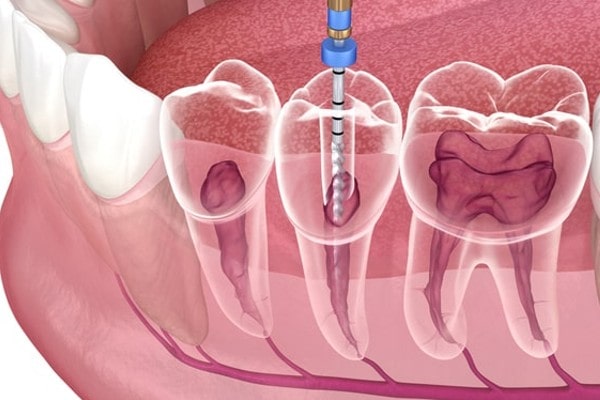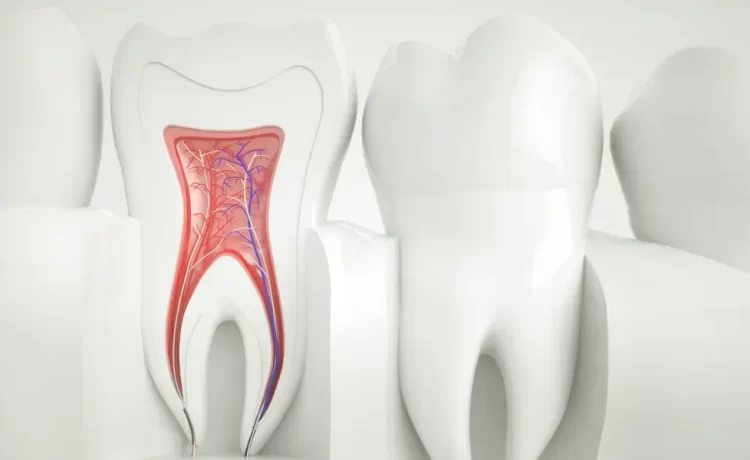Most people have a particular impression of root canals—and the impression is commonly negative. Although this fundamental procedure in dentistry may prevent the extraction of a particular tooth and reduce severe pain, there are still many myths and misconceptions about it. Richmond endodontics aims to clear up these misunderstandings by providing accurate information about root canals and addressing the common myths associated with them.
Myth 1: No one wants to have a root canal because they are in so much pain
The first one is that root canals cause pain and this has been in circulation from the time of the ancients. This myth has its roots in the early ages of dentistry when there were not many ways to make patients anemic. Dentistry has changed, though, and getting a root canal nowadays is more painful than having a filling done.
Truth: The fact is that dentists use a local anesthetic to make the surrounding tissues of an impacted tooth insensitive to pain, so assurance of the minimally painful treatment outcome is given. Most patients comment that improving pain relief after the root canal procedure is far more than the discomfort they experience during the process.
Myth 2: Root Canals Cause Illness
Some people believe that root canals lead to sickness or any disease in different parts of an individual’s body. These misunderstandings originated from flawed experimental-focused research conducted in the 1920s that linked root canals to systemic diseases. Modern scientific work, however, has marginalized these results.
Truth: Unfortunately, there is no statistical evidence to support the claim that root canals cause disease. However, a root canal is used to remove infection in a specific tooth and helps prevent the spread of the same infective agents to other teeth, which is usually in the interest of the overall health of a mouth.

Myth 3: Dentists prefer to pull a tooth rather than carry out a root canal treatment.
Another myth that people have is that it is more painful to have a root canal than to carry one out in a dental clinic environment. Still, another asserts that extraction is an affordable, quicker, or even more effective remedy.
Truth: Although tooth extraction may appear to be a less complicated solution, it often leads to complications such as shifting teeth, eating disorders, and jaw bone loss. On the other hand, endodontic treatment means patients retain their natural teeth—always the best option for maintaining a healthy dentition.
Myth 4: Root Canals Require Multiple Visits
Many patients fear that a root canal would call for several dental visits, increasing their time in the chair and adding extra stress.
Truth: Most root canals can be finished in one visit, even if some complicated instances might call for more than one. After evaluating the situation, your dentist will create a treatment plan that reduces the number of visits but guarantees the optimum result.
Myth 5: Root Canals Only Treat Severe Tooth Pain
Many believe root canals are only required when a tooth is causing discomfort. Some postpone therapy in the hope that the suffering will pass on its own.
Truth: The truth is that root canals are not just for uncomfortable circumstances, even though they are often carried out to alleviate extreme pain resulting from an infected tooth. Sometimes, a tooth could be broken or diseased without producing notable discomfort. A root canal can still be required to stop further damage or infection in these situations. Regular dental visits may help find these problems before they start to cause discomfort, hence sparing you more involved in treatment later on.
Conclusion
There are so many myths surrounding root canals that it is essential to debunk the myths: root canals are safe, short, and comparatively painless and may be the solution to help you keep your natural teeth. If you have any questions regarding your dental health or think you require a root canal to be carried out, then consult your dentist. They can ensure you get the best treatment by guiding you throughout the process and providing the necessary information.









